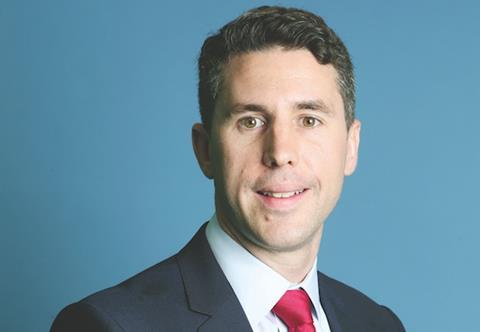
My wish list largely centres around health and wellbeing. Some macro-level factors will, in my view, create increased demand and expectations that employers provide wellbeing-related benefits and workplaces that are conducive to our health.
There is still a significant way to go to rebalance our public finances. The strain on the National Health Service (NHS) is significant; NHS trusts and foundation trusts reported a combined deficit of £822m in 2014-15 compared with £115m the previous year, according to figures from Monitor and the NHS Trust Development Authority. It is likely employers will be expected to do more to help, even if that is only to play a role in better educating our society on how to achieve healthier lifestyles, reducing future demand on more reactive and corrective services from the NHS.
Wearable technology is bringing greater visibility of our wellbeing metrics. As technologies continue to advance, the adage ‘what gets measured gets done’ will take effect, particularly so with the younger generations growing up with this technology, because they will create demand for workplaces that do not adversely affect their ‘wellbeing metrics’.
I would like to see employers embracing the trend from an early stage by providing the latest technology to track and analyse wellbeing metrics. Wouldn’t it be great if we could track data on collective cortisol levels within a workforce to understand what macro-level events cause increased stress levels?
I would also like to see more employers taking a leading role in providing support and education on key lifestyle factors affecting our wellbeing as part their employment proposition. Although some good progress has been made in the past few years, we still have low levels of awareness as a national workforce of the huge impact factors such as sleep, nutrition, exercise, and mind-management can have on overall wellbeing.
Daryl Maitland is senior HR manager at Cafcass.











